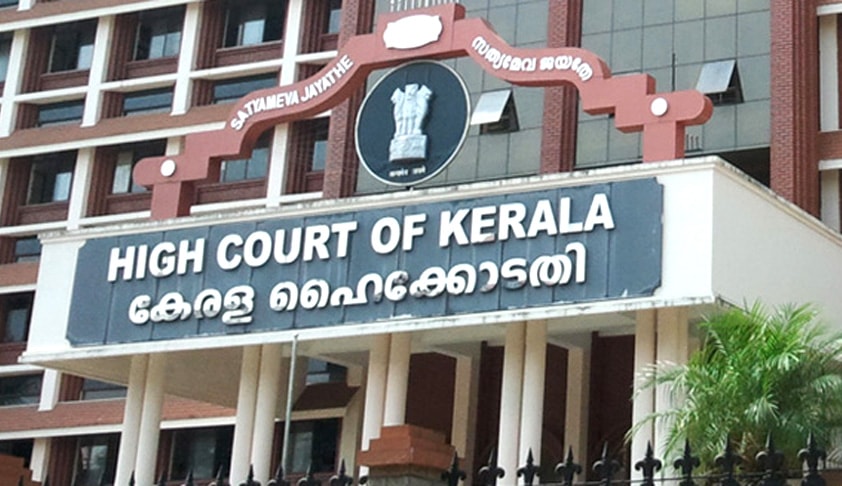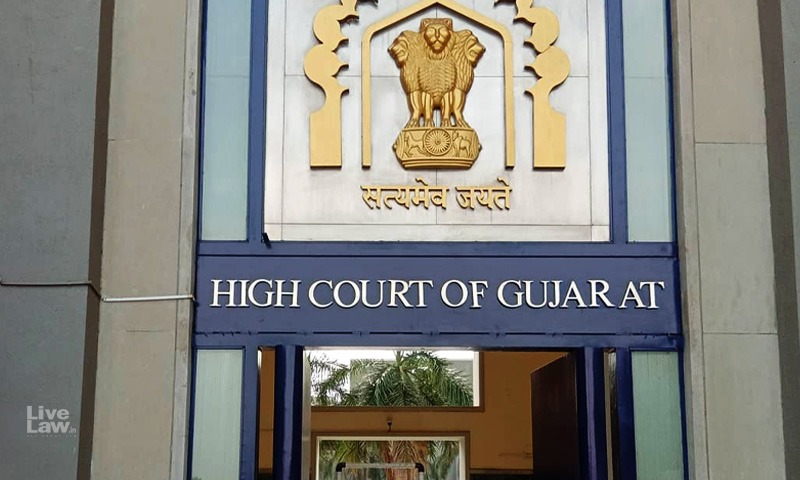Adarsh Kumar Goel, J.@mdashThe Revenue has preferred this appeal u/s 260A of the Income Tax Act, 1961 (for short, "the Act"), against the order of the Income Tax Appellate Tribunal, Chandigarh Bench "A" Chandigarh dated July 31, 2008, passed in I. T. A. No. 314/Chandi/2008 for the assessment year 2004-05, proposing to raise the following substantial question of law:
Whether, on the facts and in the circumstances of the case and in law, the learned Income Tax Appellate Tribunal was justified in holding that proceedings initiated u/s 147 of the Act were not in accordance with law by ignoring the specific provisions contained in Explanation 2(b) to Section 147 of the Income Tax Act, 1961, substituted by the Direct Tax Laws (Amendment) Act, 1987 with effect from April 1, 1989 ?
2. The assessee filed her return on November 1, 2004. The Assessing Officer came across certain material showing escapement of income, on which proceedings were initiated u/s 147 of the Act and notice was issued on August 18, 2005. After considering the reply of the assessee, assessment was made on December 7, 2006, making additions to the declared income.
3. On appeal, the Commissioner of Income Tax (Appeals) set aside the notice u/s 148 of the Act on the ground that the same could not be issued during the pendency of the assessment and the only remedy for the Assessing Officer was to proceed u/s 143(2) of the Act. The said view has been upheld by the Tribunal. The Tribunal, inter alia, relied upon the judgment of the Calcutta High Court in
4. We have heard learned Counsel for the parties.
5. Learned Counsel for the Revenue at the time of hearing made an alternative submission that once the Assessing Officer had the right to proceed u/s 143(2), the proceedings for assessment would not be vitiated merely because the notice was u/s 147 instead of Section 143(2) of the Act.
6. Learned Counsel for the Revenue pointed out that if the notice was issued u/s 143(2) of the Act, the assessment would have been perfectly valid and in such a situation, the same could not be invalid, as no prejudice was caused in any manner. The assessee was given full opportunity and she gave reply which was duly considered in the assessment made.
7. Learned Counsel for the assessee submitted that since the notice was issued u/s 147 of the Act and was invalid, the view taken by the Commissioner of Income Tax (Appeals) as well as by the Tribunal was correct.
8. The judgments relied upon in the impugned orders do not consider the effect of amendment by way of Explanation 2(b) to Section 147. Even if we assume that proceedings could not be initiated u/s 147 in respect of pending assessment, there being no bar in the present case to proceed u/s 143(2), the proceedings were valid. It is true that this aspect was not raised by the Revenue before the Commissioner of Income Tax (Appeals) or before the Tribunal but this being purely legal point arising out of the admitted facts, we allow this point to be raised at this stage.
9. Accordingly, we hold that the view taken by the Commissioner of Income Tax (Appeals) and the Tribunal in holding that the assessment was vitiated is not correct.
10. We, thus, allow this appeal and set aside the orders of the Commissioner of Income Tax (Appeals) and the Tribunal. However, we remand the matter to the Commissioner of Income Tax (Appeals) for considering the matter on the merits.

